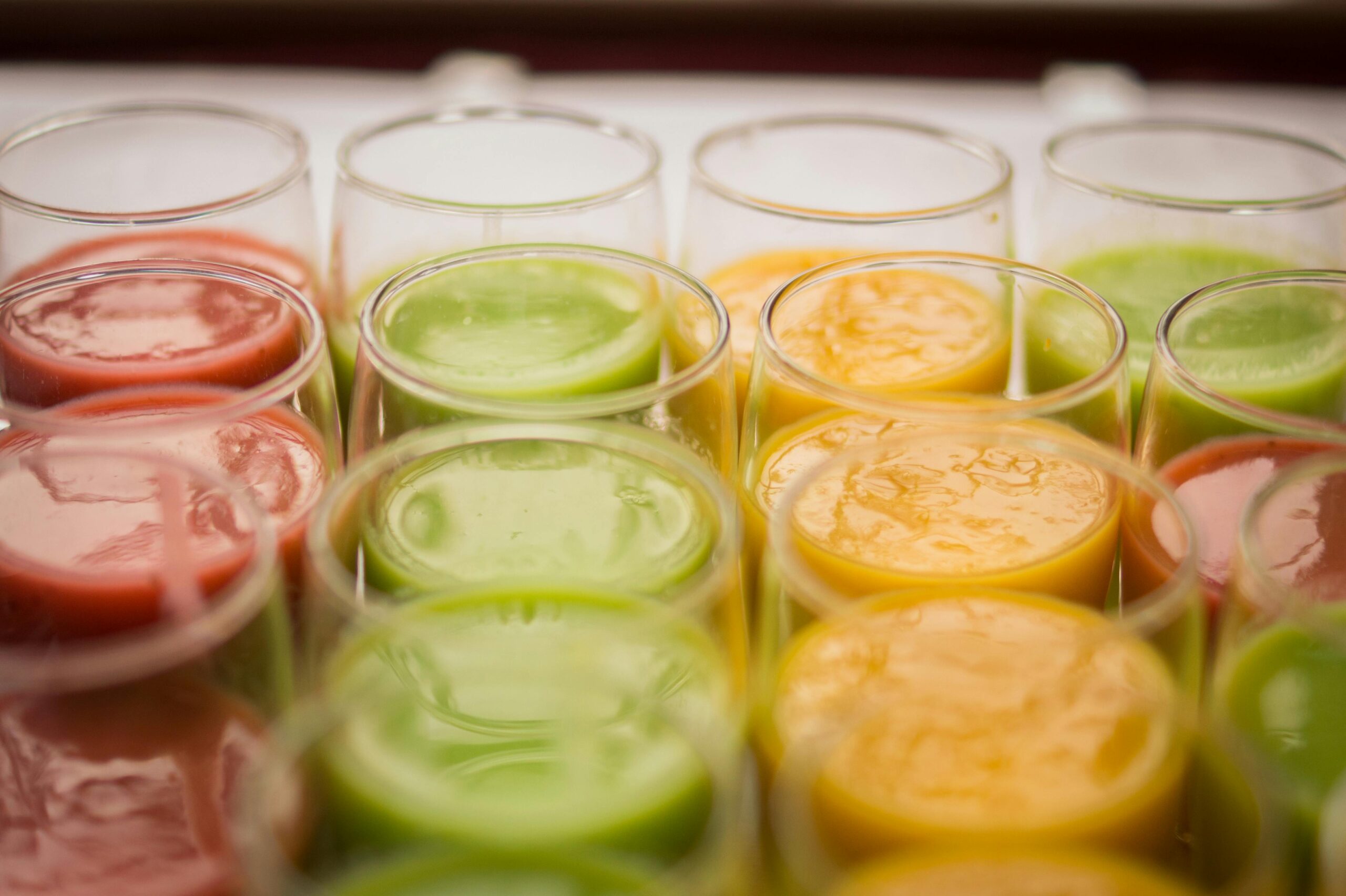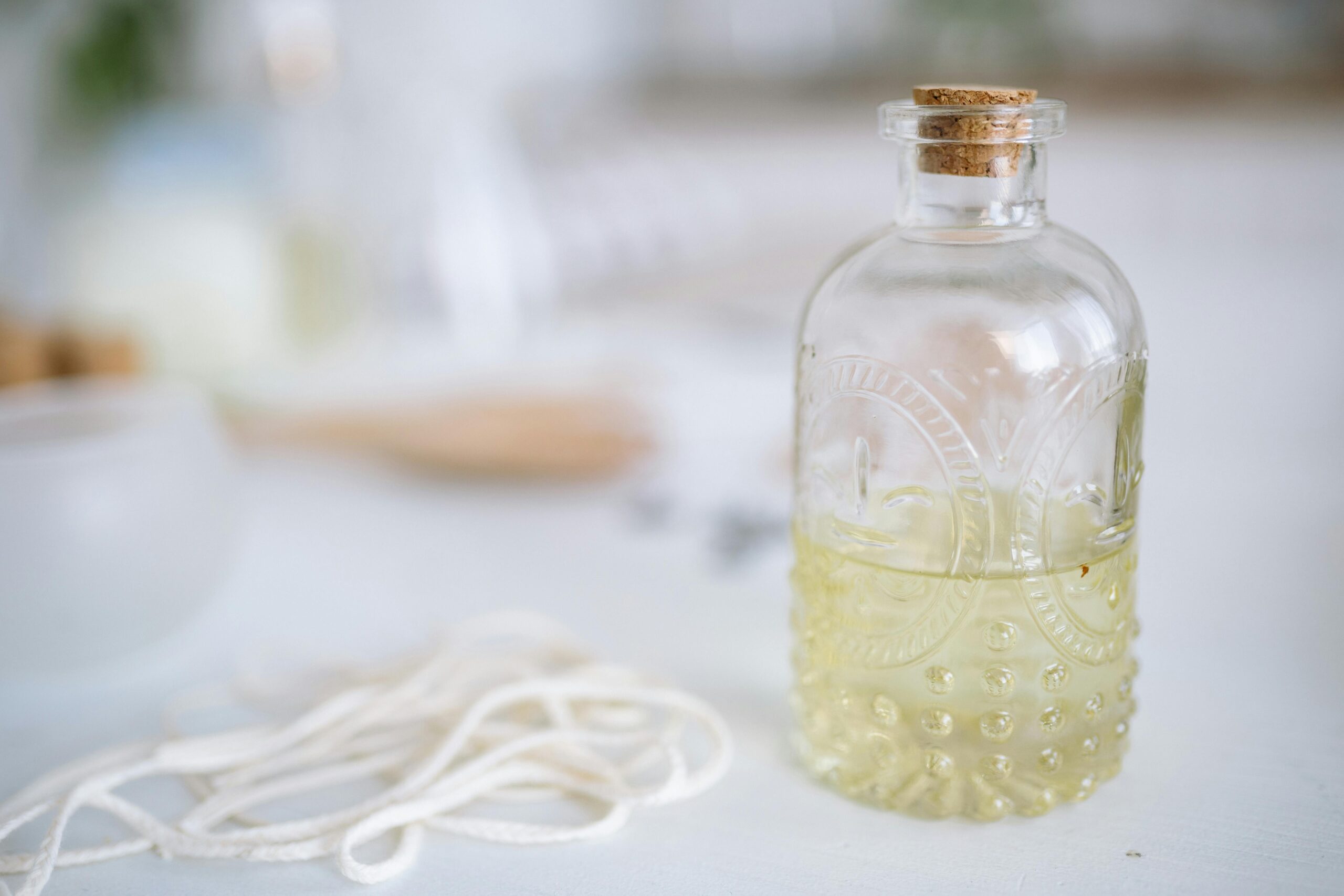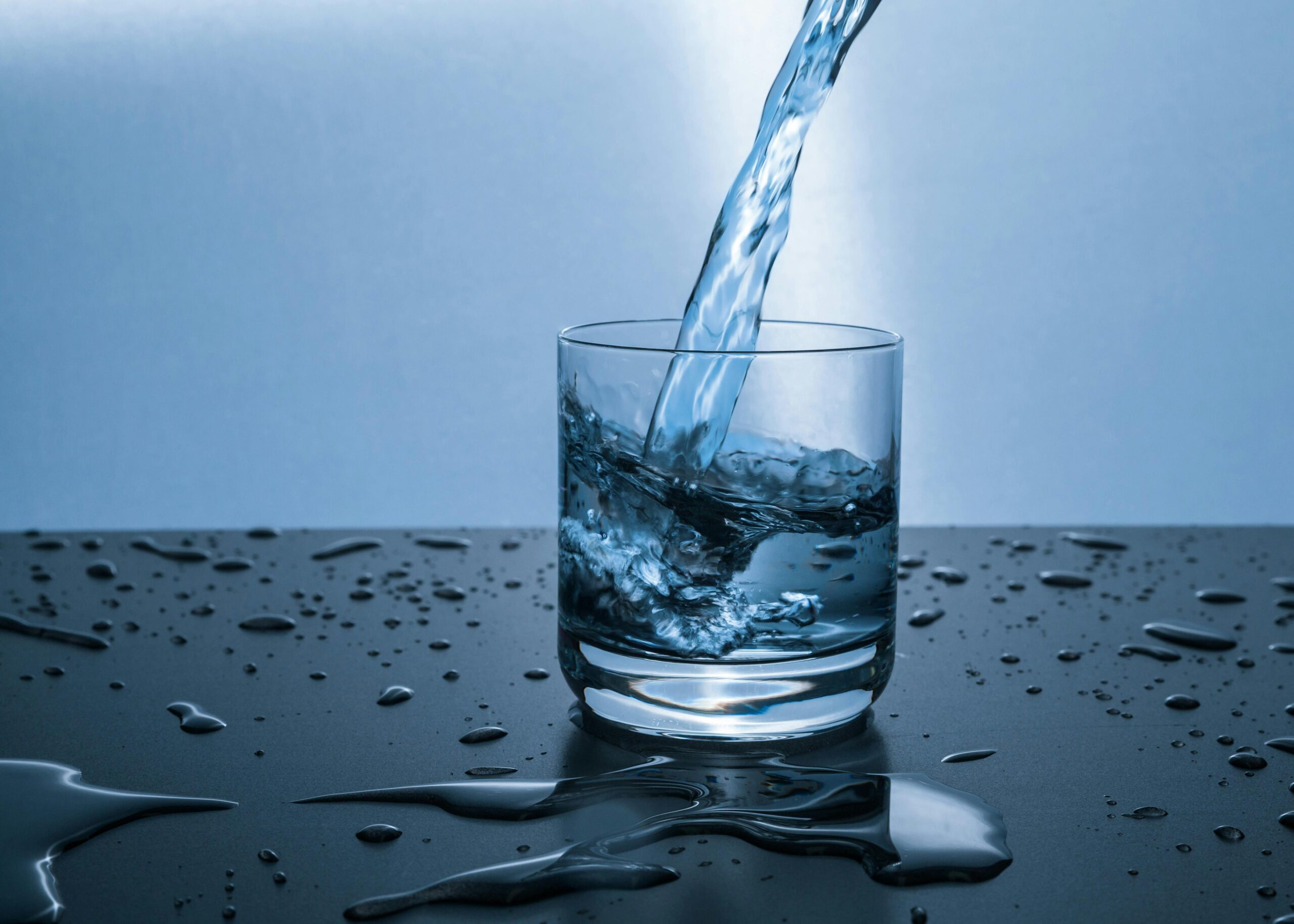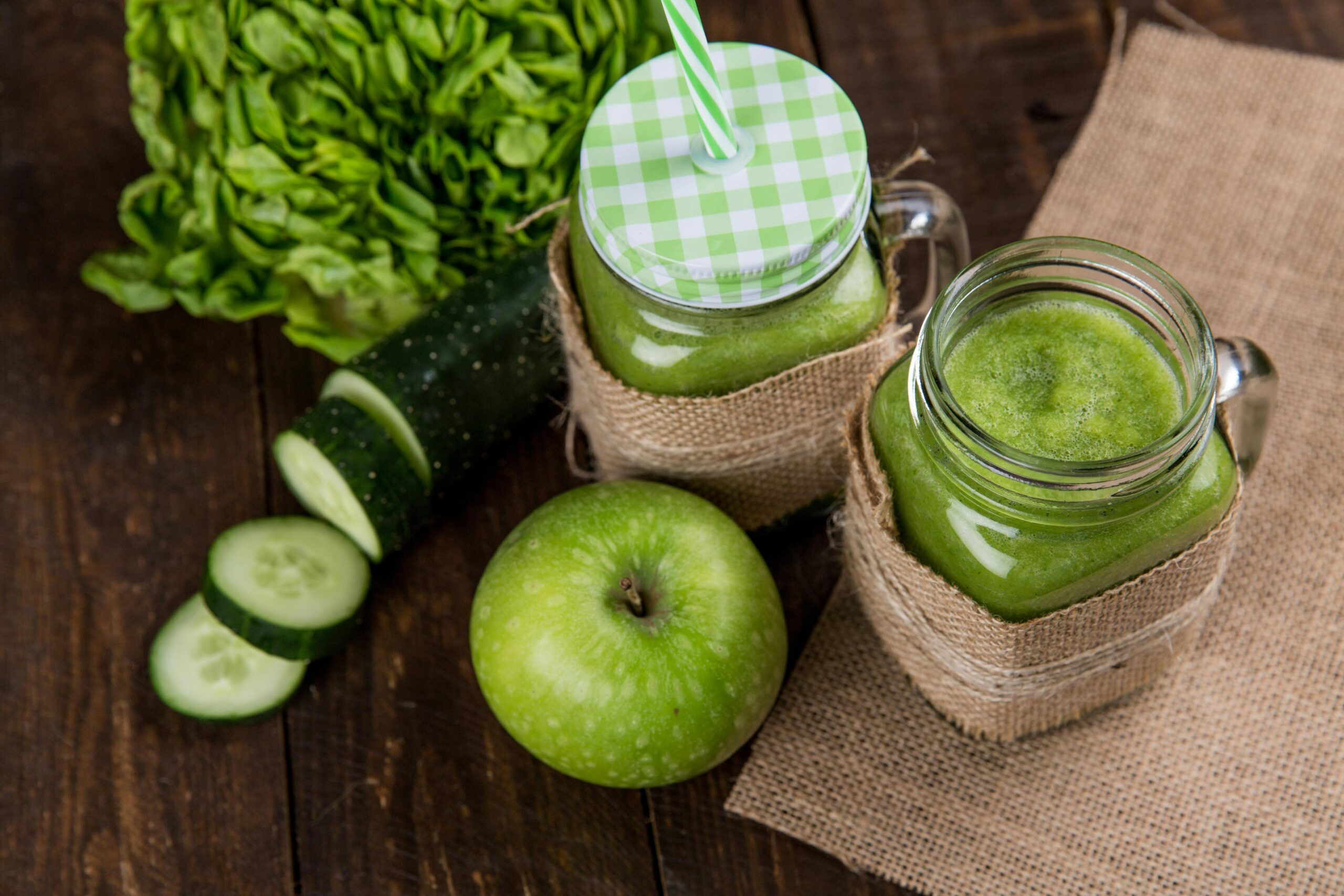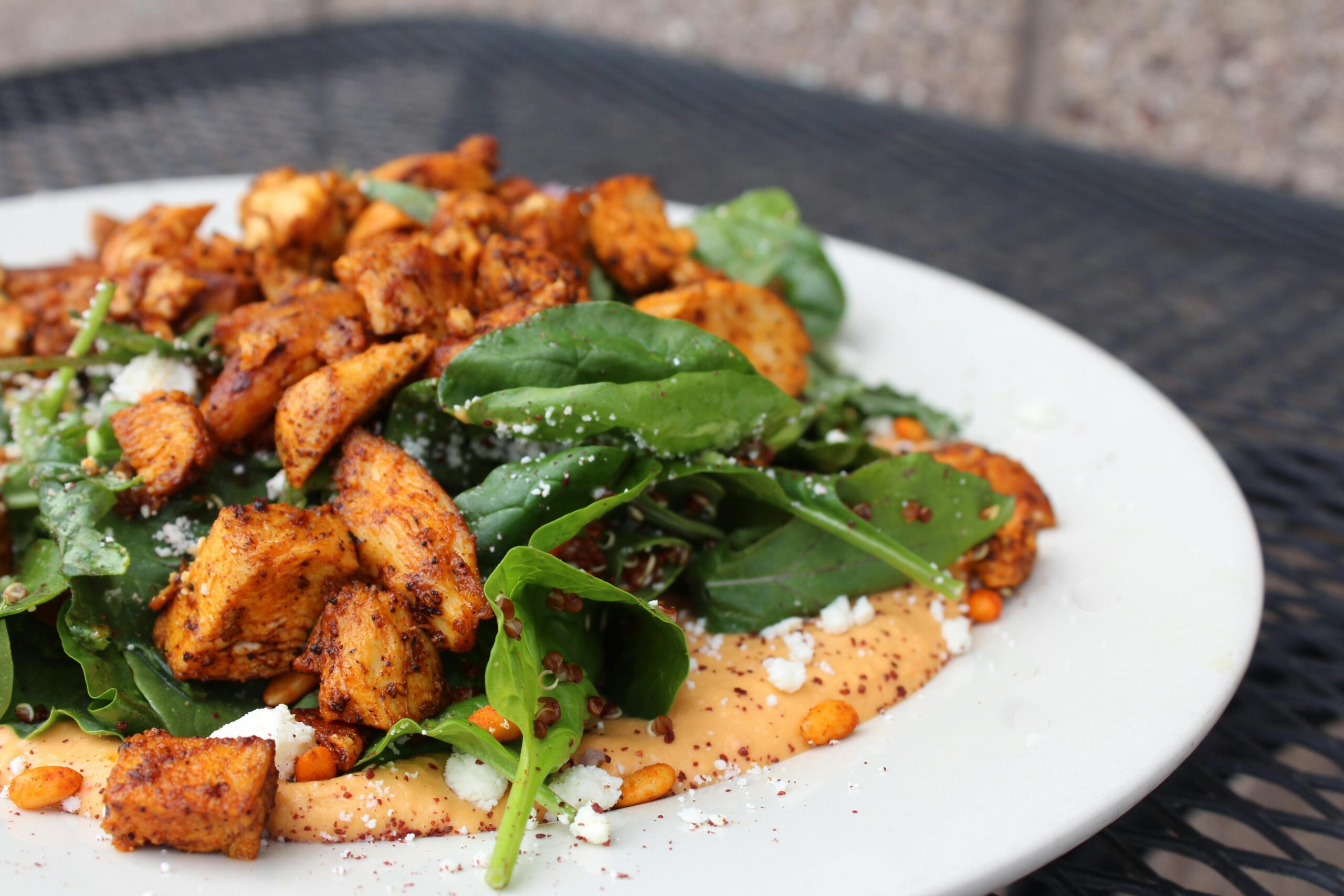A juice cleanse is a type of detox diet that involves consuming only fruit and vegetable juices for a set period of time. The goal is to flush out toxins, boost energy levels, improve skin health and give the digestive system a break. Let’s dive deeper into what a juice cleanse is, how it works and few of my favourite juice cleanse recipes.
What Is a Juice Cleanse?
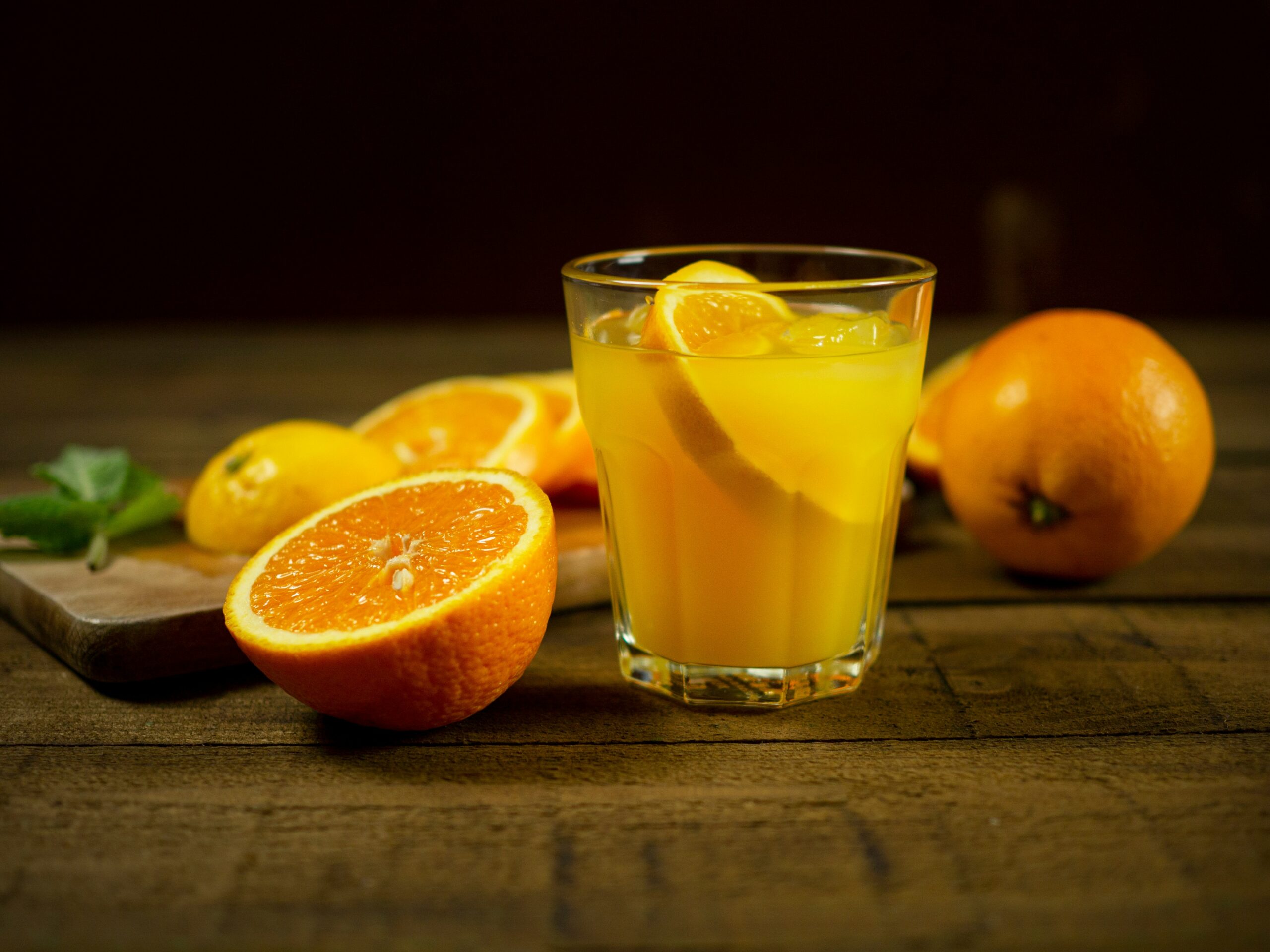
A juice cleanse replaces solid food with freshly pressed juices made from a variety of fruits, vegetables, and sometimes herbs or spices. These juices are rich in vitamins, minerals, and antioxidants while being low in fiber and protein. Juice cleanses come in various forms, such as:
- Cold-Pressed Juice Cleanses: Using hydraulic presses to extract juice without heat, preserving nutrients.
- Green Juice Cleanses: Focusing on leafy greens like spinach, kale, and celery for a lower-sugar cleanse.
- Customized Cleanses: Tailored to individual preferences and health goals, incorporating a mix of fruits, vegetables, and supplements.
How Juice Cleanses Work
During a juice cleanse, the body is deprived of solid food, allowing the digestive system and gut to rest. This helps the body in a few ways by:
- Eliminating Toxins: By reducing the intake of processed foods, the body may focus on detoxification.
- Boosting Nutrient Intake: Consuming nutrient-dense juices floods the body with vitamins and minerals.
- Reducing Inflammation: The antioxidants in fruits and vegetables may help combat oxidative stress and brings about a healthy glowing complexion.
Benefits of a Juice Cleanse
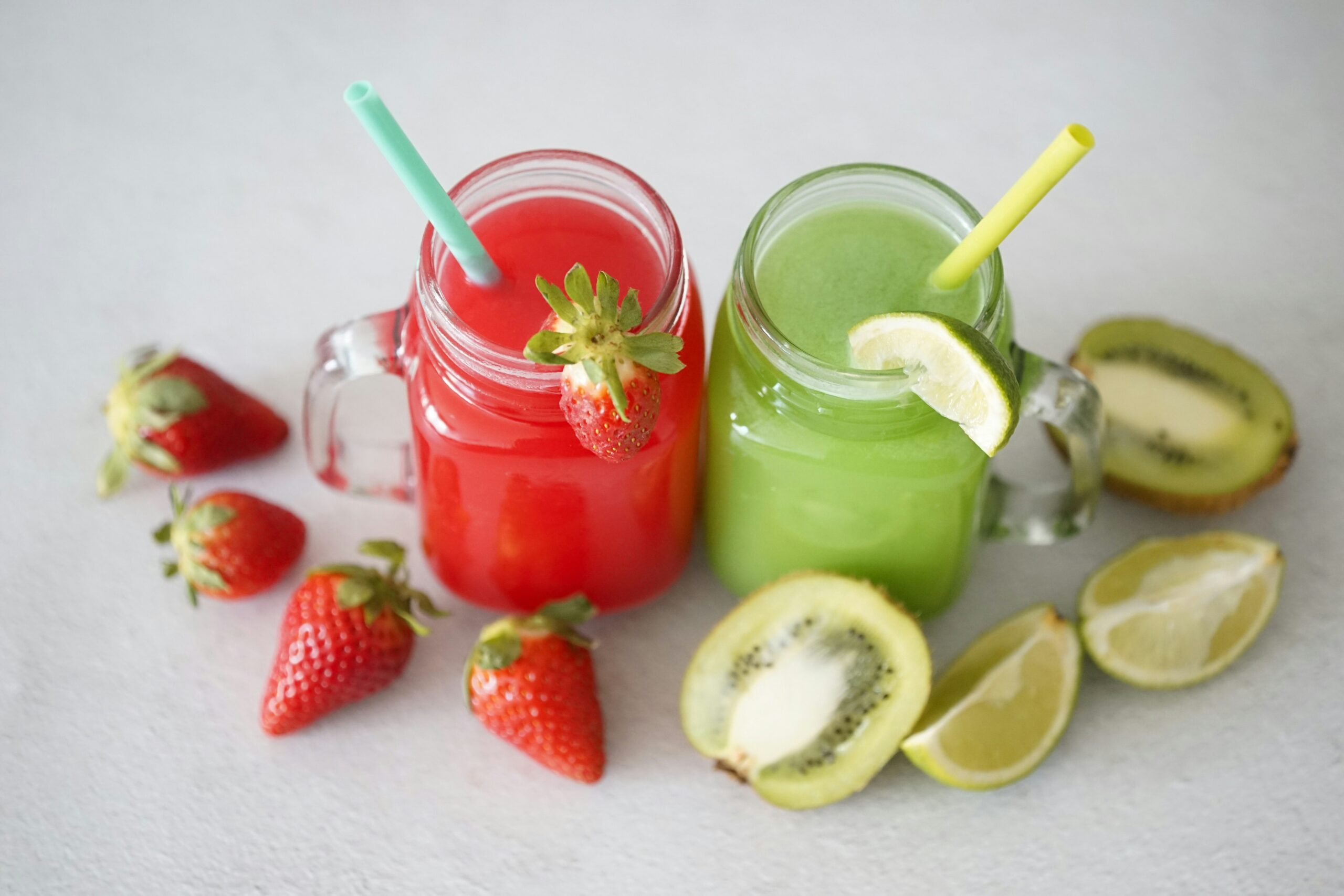
Improved Digestion:
It gives the digestive system a break and may reduce bloating. There are certain juices like ginger shots that improves bloating. Liquids are naturally easier to digest as compared to solid items.
Increased Hydration and Healthy Skin:
Although water is the best form of hydration for the body, juices have a high water content, which supports hydration throughout the body as well. It would be best to drink plenty of water during a juice cleanse as well to ensure the body is well hydrated. When the body is well hydrated, our skin glows inside out.
Weight Loss:
Temporary weight loss may occur due to reduced calorie intake and water loss. It is important to note that weight loss occurs if you consume fewer calories than you burn. You may still gain the weight lost during your juice cleanse after introducing whole foods etc back into the diet.
Enhanced Energy:
Many people report feeling more energized during a cleanse. Sometimes, these cleanses may help to stabilise the energy levels due to the elimination of unhealthy processed food in exchange for something thats raw and natural. It is probably the lethargy from eating unhealthy food that has been swapped out for a healthier option. However, at the end of the day we still require our daily nutritional intake to be healthy hence a short term juice cleanse is more ideal.
Tips for a Successful Juice Cleanse
- Prepare in Advance: Gradually eliminate caffeine, sugar, and processed foods a few days before starting.
- Choose High-Quality Juices: Opt for cold-pressed, organic juices to maximize nutrient content.
- Stay Hydrated: Drink plenty of water alongside your juices.
- Listen to Your Body: Pay attention to how you feel and adjust if necessary.
- Ease Back Into Solid Foods: Reintroduce foods like fruits, vegetables, and whole grains gradually after the cleanse.
Safety Tips and Considerations
- Short-Term Use Only: Juice cleanses are not meant for long-term use due to the lack of protein, fiber, and fats.
- Not for Everyone: Pregnant or breastfeeding individuals, those with medical conditions, or people on medication should consult a doctor before attempting a cleanse.
- Watch for Side Effects: Headaches, fatigue, and irritability may occur, especially in the initial days.
- Balance Is Key: Consider incorporating juices as part of a balanced diet rather than relying solely on cleanses.
- Monitor Calorie Intake: Extremely low-calorie cleanses can lead to muscle loss and nutritional deficiencies if prolonged.
Conclusion
A juice cleanse can be a refreshing way to reset your eating habits, increase your nutrient intake, and temporarily lighten your digestive load. However, it’s essential to approach juice cleanses mindfully and ensure they align with your health goals and needs. For sustained benefits, consider incorporating juices into a balanced diet rather than relying on cleanses alone.
References:
- https://www.medicalnewstoday.com/articles/best-vegetables-to-juice#how-to-juice
- https://antidote.sg/complete-guide-to-starting-a-juice-cleanse/?srsltid=AfmBOooOQMiFdmwNPgGsKbTSFYcBDWZMGEpWDIcfc9c07ux3AGrZ490X
- https://www.healthxchange.sg/food-nutrition/food-tips/juicing-top-myths-facts
- https://www.advisory.com/daily-briefing/2023/02/01/detox-placebo

